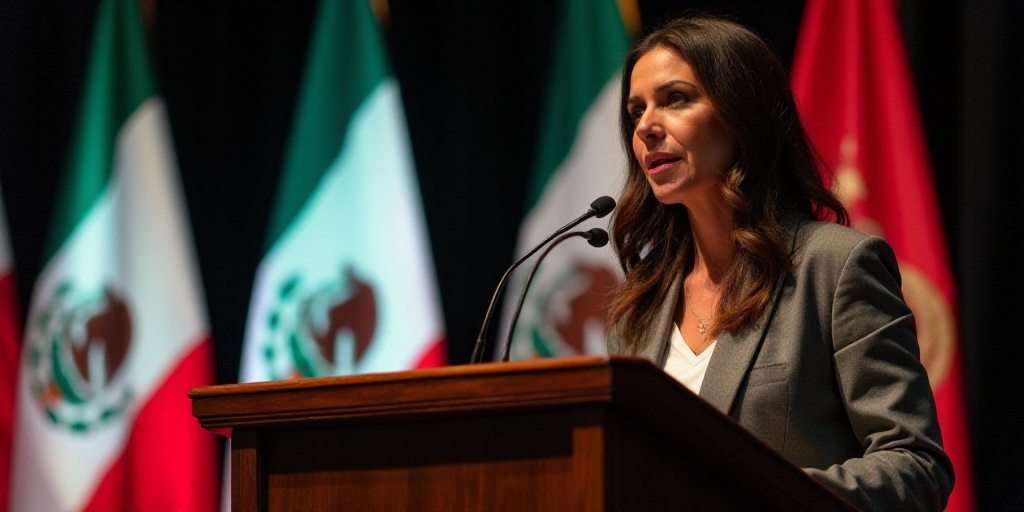Background on the Water Reform Initiative
In response to concerns over water privatization and inequitable distribution, Mexico’s federal government has proposed a reform to the National Water Act. This initiative seeks to reverse the commodification of water, regulate concessions, and uphold the constitutional human right to water.
Key Figures and Their Roles
President Claudia Sheinbaum Pardo has been at the forefront of this movement, emphasizing that water should be treated as a national resource rather than a commodity. She outlined the proposed changes, which include prohibiting transfers and sales of concessions, eliminating unauthorized use changes, and returning the exclusive right to reassign underutilized or returned volumes to the state.
Ernestina Godoy Ramos, the federal government’s legal advisor, explained that the new comprehensive legal framework aims to reverse the privatization and extractive model that led to water resource hoarding. The goal is to replace it with a sustainable, equitable system that encourages public participation.
Proposed Changes and Their Implications
- Prohibition of Transfers and Sales: The reform bans the transfer and sale of concessions, ensuring that water resources remain under public control.
- Unauthorized Use Changes: The new regulations eliminate unauthorized changes in water use, maintaining the original purpose of concessions.
- State’s Exclusive Right to Reassign Volumes: The state regains the exclusive authority to reassign underutilized or returned water volumes based on technical criteria and availability.
- Sustainable, Equitable Water System: The reform aims to establish a sustainable and equitable water management system that promotes public participation.
Continuity for Current Concession Holders
Efraín Morales López, the director-general of the National Water Commission (Conagua), clarified that existing concession holders will retain their rights but must adhere to the new standards of water responsibility and transparency.
- Conditional Prorogations: Future prorogations will depend on fulfilling fiscal and technical obligations.
- No Change in Concession Type: Concession holders will not be allowed to switch concession types.
- National Water Registry: A public water registry with traceability will be established to prevent corruption.
- Severe Penalties for Misuse: Harsher penalties, including prison sentences of 1 to 10 years, will be imposed for unlawful use, theft, or illegal exploitation of water resources.
Consensus and Dialogue
The proposed reform is the result of a consensus-building process and dialogue with various stakeholders, including users, municipalities, states, industries, indigenous communities, and academics. These discussions were facilitated by Conagua at the beginning of the year.
Key Questions and Answers
- What is the main goal of the water reform? The primary objective is to reverse the privatization and extractive model of water management, ensuring a sustainable, equitable system with public participation.
- How will the reform affect current concession holders? Existing concession holders will maintain their rights but must comply with new water responsibility and transparency standards.
- What measures are being taken to prevent corruption? A national water registry with traceability will be established, and harsher penalties for misuse or illegal exploitation of water resources will be enforced.






